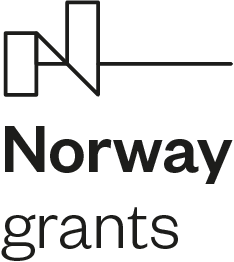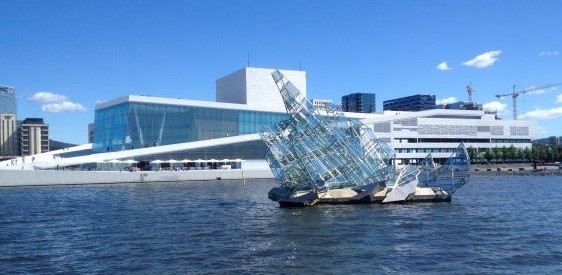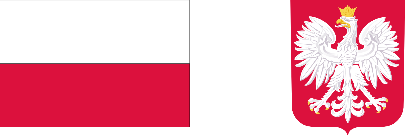
PhotoRed
Photocatalytic and photoelectrochemical carbon dioxide reduction
Grant No. NOR/POLNORCCS/PhotoRed/0007/2019-00
The research are funding from the Norway Grants 2014-2021 via the National Centre for Research and Development
The “Photocatalytic and photoelectrochemical carbon dioxide reduction” project (PhotoRed) benefits from a € 1500000 grant from Norway.
The PhotoRed project deals with an innovative solution for post-combustion CO2 capture and utilisation (CCU).
The existing post-combustion carbon capture (PCCC) technologies are energy demanding and not enough environmentally viable. The capture of CO2 is a good idea, but there are more prospective CCU technologies, enabling to transform CO2 into useful products (fuels or other chemicals). They are still at the initial technology readiness level and their efficiency is low, but they are necessary to close the carbon cycle, to moderate climate change and to decrease the exploitation of fossil fuels.
In the precedent Pol-Nor “SolSorb” project we determined carbon spheres as a good sorbent for CO2 (above 6 mmol of CO2/g/h at ambient conditions). In the present proposal we are proposing the same sorbent as a base for a hybrid composite, adding titania known for its photocatalytic properties.
The composite will be further modified and tested in a photocatalytic and in a photoelectrochemical process. DFT based calculations will be conducted to investigate the electronic properties and to guide an optimization of the composition.
The goal is to convert at least 10 micromole of CO2/g/h at ambient conditions under UV and to maintain the stable activity for at least 200 h. Starting from quartz laboratory reactors, a scale-upgrade will be performed to larger stainless steel reactors.
A combined literature and experimental environmental impact assessment of the produced photocatalyst materials will be performed.
Besides technical aspects, particular attention will be dedicated to raising social awareness of CCU issues.
The project is a complete entity, bringing together many aspects – from basic studies and DFT calculations through laboratory experiments, large-laboratory scale reactors to environmental impact assessment and social awareness issues.
 West Pomeranian University of Technology in Szczecin
West Pomeranian University of Technology in Szczecin
 University of South-Eastern Norway
University of South-Eastern Norway
 SINTEF AS Industry
SINTEF AS Industry
 SINTEF AS Ocean
SINTEF AS Ocean
01.09.2020 – 31.08. 2023


